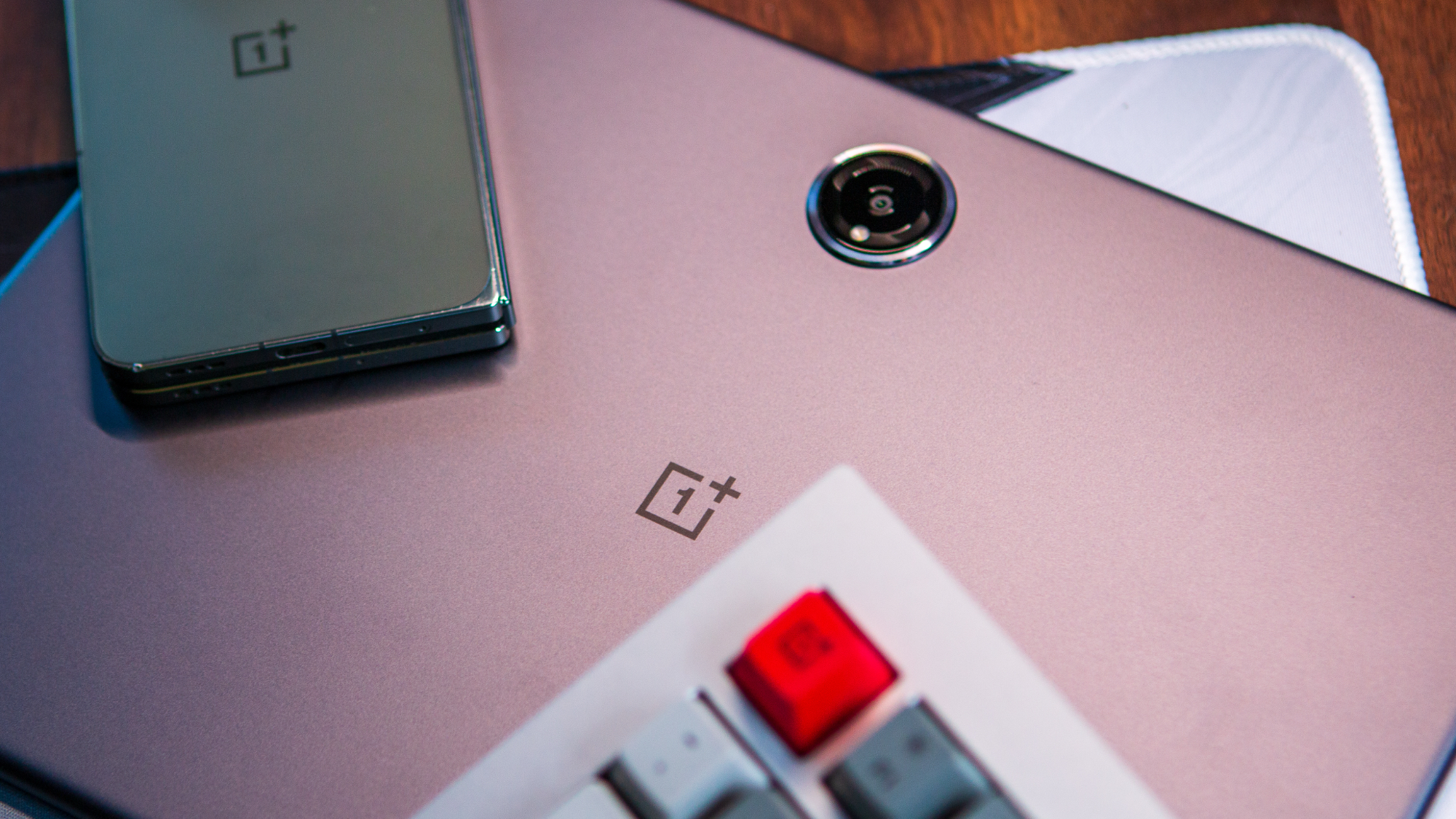Nvidia CEO Jensen Huang Visits Beijing Amid Tightening US Restrictions on AI Chip Exports

BEIJING: Jensen Huang, the CEO of Nvidia, made a significant visit to Beijing on Thursday, April 17, as reported by state media. This trip comes on the heels of the United States implementing new restrictions on the sale of its H20 artificial intelligence chips to China, creating a challenging environment for one of the worlds most influential technology companies.
In a recent announcement, Nvidia disclosed that it anticipates a staggering US$5.5 billion decline in earnings for this quarter due to a newly imposed US licensing requirement targeting graphics processing units (GPUs) with capabilities akin to those of the H20 chipNvidia's primary offering that remains legally sellable in China. This announcement sent shockwaves through the market, leading to a decline of approximately 7 percent in Nvidia's share prices on Wednesday.
During his time in Beijing, Huang engaged in a meeting with Ren Hongbin, the head of the China Council for the Promotion of International Trade. In this meeting, Huang emphasized the strategic importance of the Chinese market to Nvidia, stating, China is a very important market for Nvidia, according to reports from state broadcaster CCTV. This statement reflects Nvidia's ongoing efforts to maintain and enhance its presence in China, a crucial player in the global technology landscape, particularly in the realm of artificial intelligence.
Huangs trip occurs within the context of the escalating trade tensions between the United States and China, especially as US President Donald Trump has initiated a trade war that has seen tariffs imposed on various goods. The US has implemented tariffs as high as 245 percent on imports from China, prompting retaliation from Beijing, which has introduced 125 percent levies on US products.
The situation has been further complicated under the previous administration of President Joe Biden, who continued the legacy of restrictions on the export of Nvidias most advanced GPUs, which are essential for running high-end AI models. Despite these hurdles, Huang has previously expressed his commitment to navigating this challenging landscape. He publicly declared that Nvidia remains determined to balance legal compliance with technological innovation, asserting that nothing would impede the global progression of artificial intelligence. Well continue to do that, and well be able to do that just fine, the entrepreneur said to reporters last year, highlighting his optimistic vision for the future.
Financially, Nvidia has reported impressive figures from its operations in China, generating US$17 billion in revenue in 2024, which accounts for 13 percent of the companys total sales. This underscores the critical role that the Chinese market plays in Nvidias overall business strategy and highlights the stakes involved in the ongoing trade disputes.























